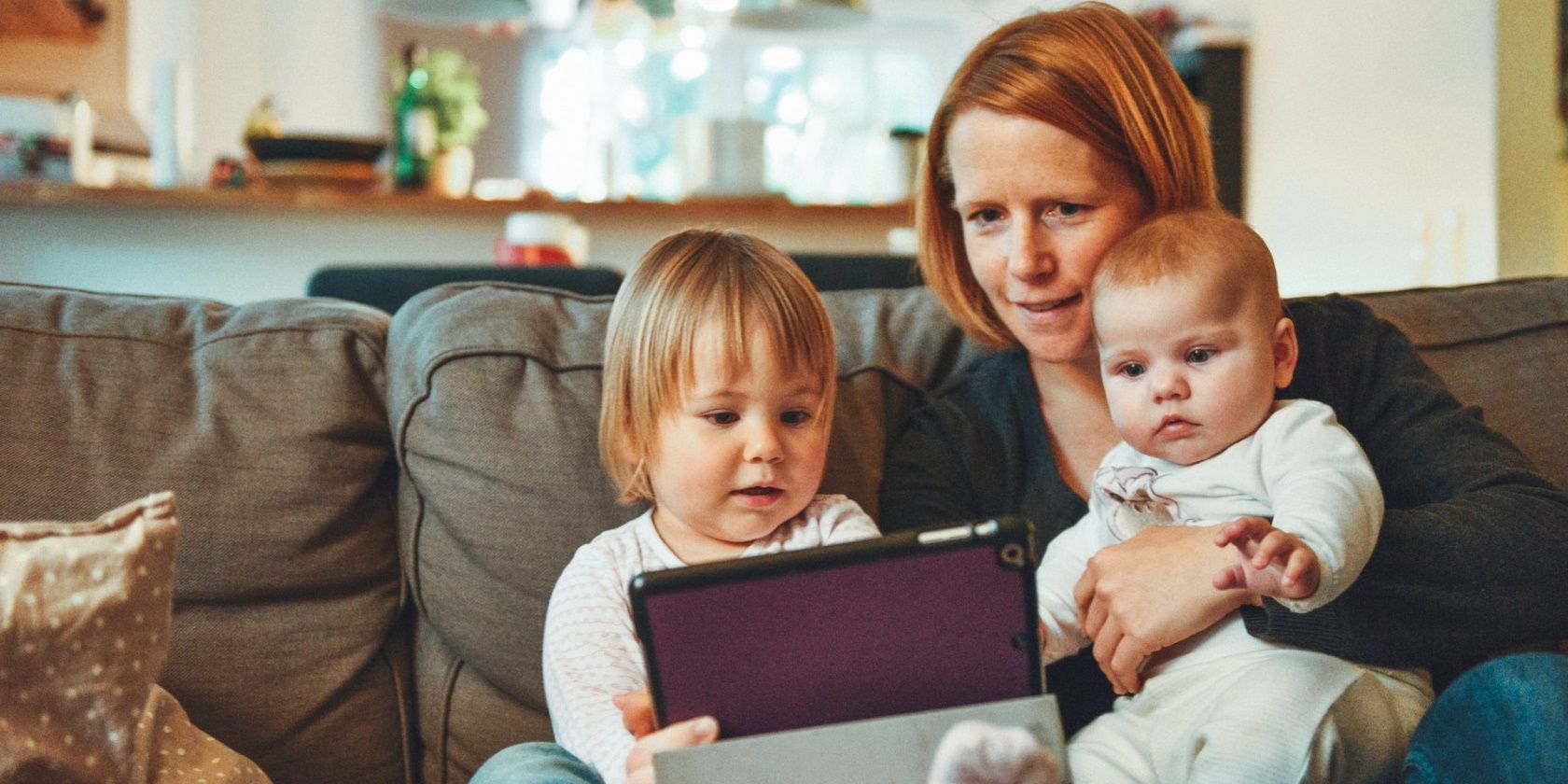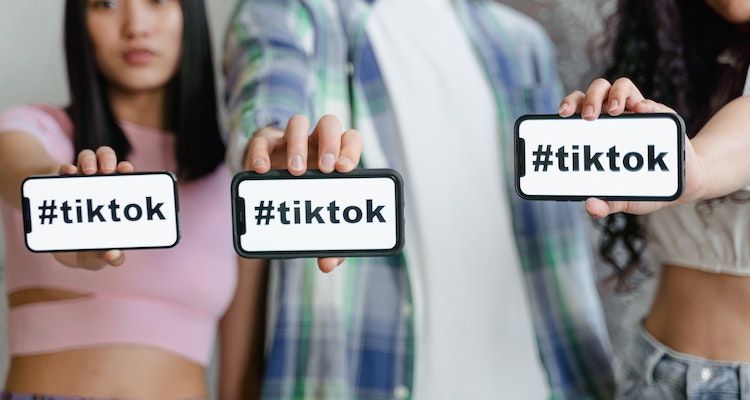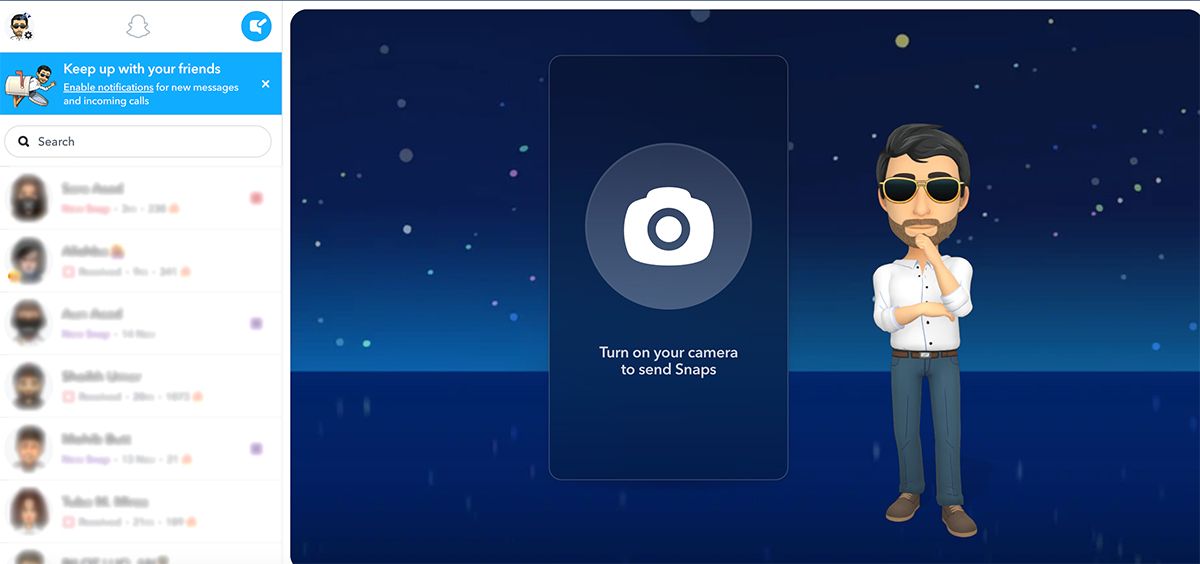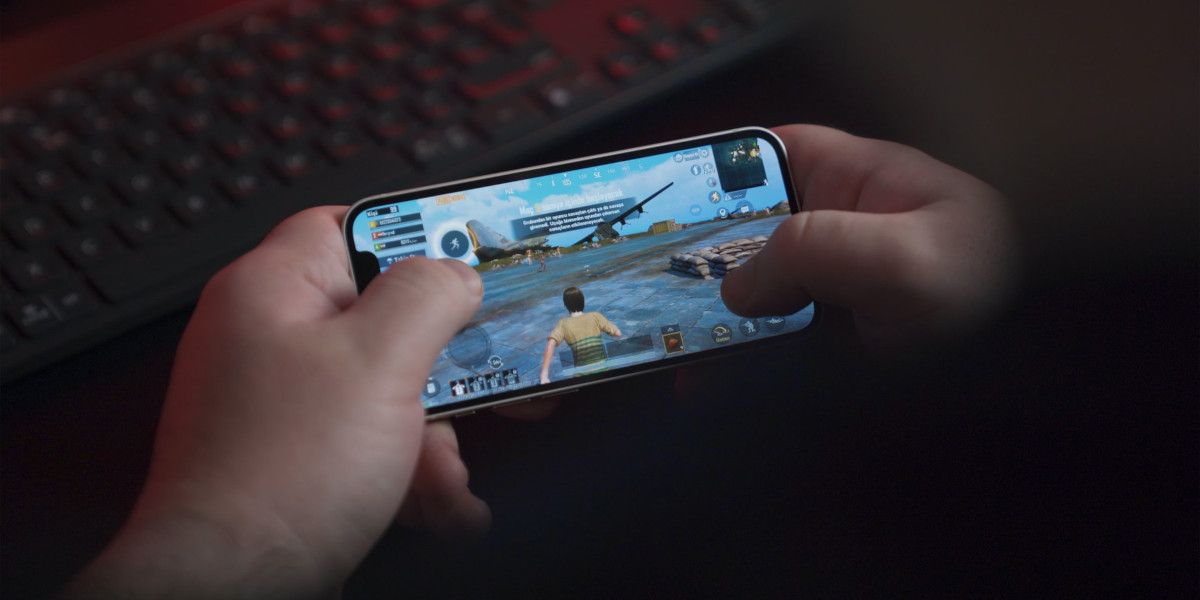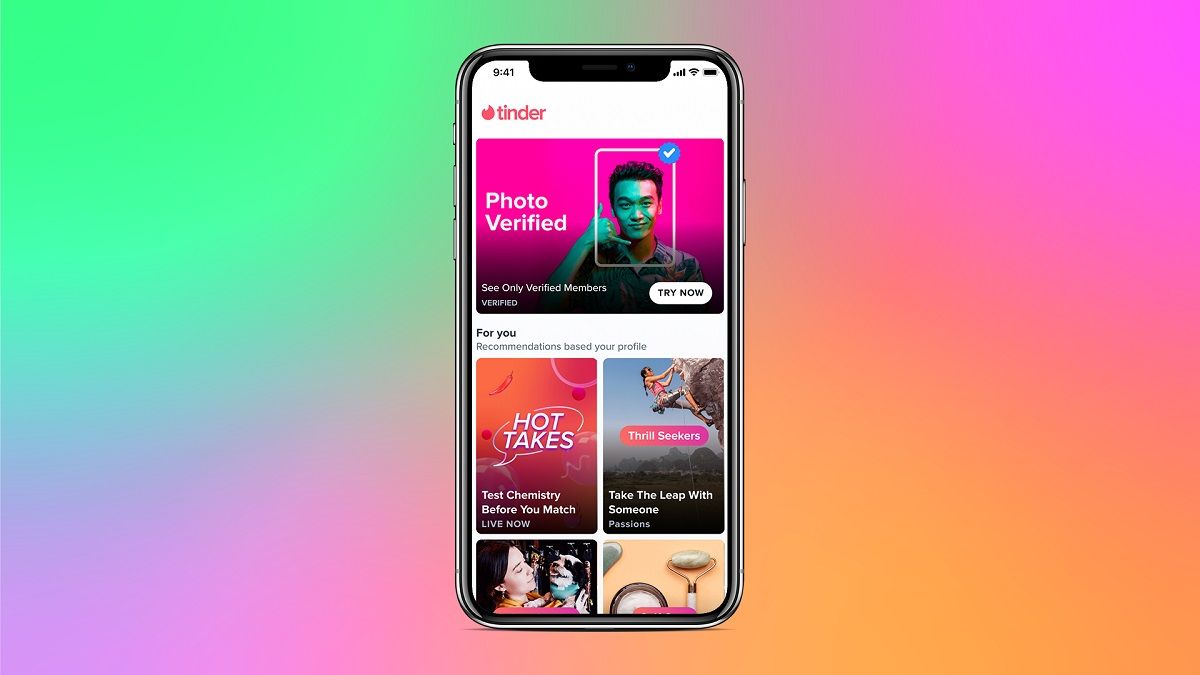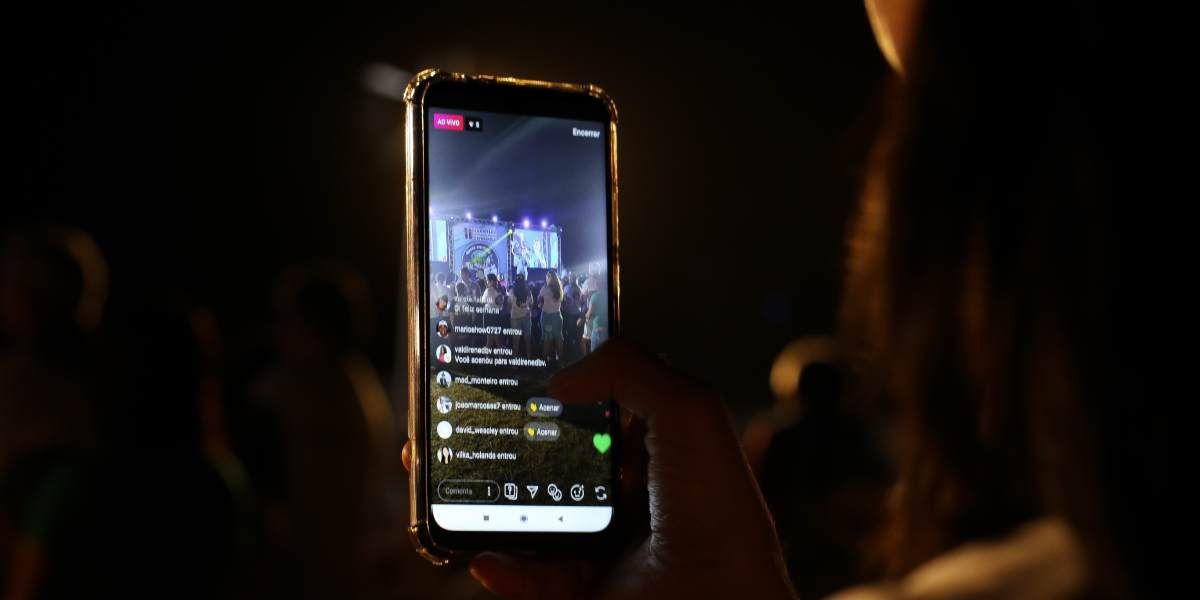Thousands of new apps appear in app stores daily, so as a parent, it is challenging to track what your kid might download. Not all of these apps are safe for kids and could expose them to dangers like explicit content and predators on the internet.
For younger children, it's a good idea for you to set up parental control apps on their smartphones. However, you still need to know which app types are inappropriate for kids so that you may filter those effectively.
So, let's explore some of the most popular types of apps, including examples, that are potentially dangerous for your kids.
1. Social Media Apps Like TikTok
TikTok is one of the most popular social media apps, with over one billion users. However, this platform is unsuitable for children as it might expose them to hateful comments, bullying, stalking, inappropriate trends, and challenges.
If your child is a content creator, the chances of running into these dangers are even higher. As you already know, bullying and hateful comments can badly affect a child's mental health.
Although TikTok has a filter that tries to block offensive comments, your kid will still interact with unknown people on this network. Another important issue is an addiction to the app because your child can browse the videos endlessly, watching all sorts of content for hours. There have also been many instances where kids and adults got severely injured while performing the trending challenges on TikTok.
There are many other apps like TikTok, and pretty much all have the same issues. For further details, check out why TikTok is bad for everyone and how TikTok is dangerous to personal privacy and security.
2. Messaging Apps Like Snapchat
Snapchat is one of the most popular messaging apps, but it poses a danger for kids through two of its major features.
Firstly, its disappearing messages make it suspicious, as parents can't track their kids' activities. Secondly, the app has a Snap Map feature which, if enabled, can potentially share your kid's location publicly or with unknown people in the friend list, making it easier for stalkers to track a child and cause harm.
Moreover, disappearing messages are also dangerous because your kid might think it is safe to send any personal information, including photos or videos, to anyone. However, the predators might use hacks to save that information and exploit the child later.
Most messaging apps offer disappearing messages now, so your best bet is to give your children access to a messaging app through which they can only contact the people on their contact list. Contacting unknown people is just too dangerous for young kids.
3. Anonymous Content Sharing Apps Like Whisper
Anonymous apps for sharing content are developed to preserve users' privacy while sharing data. Whisper is a popular app in this category that allows you to share content and communicate with other users without revealing your identity. It may sound safe, but it has some issues as far as kids are concerned.
Among other dangers, the biggest one is that these apps can be used to share experiences kids don't need to learn about. It is a good outlet for adults to talk about adult things, but such information could negatively affect children. Besides, you'll have difficulty tracking your kid's activities on an app like this.
4. Vault Apps Like Calculator
Vault apps hide things like photos, videos, and even messages on your phone. Some vault apps, like Calculator, disguise themselves as regular apps to avoid suspicion.
Calculator even performs regular mathematical functions, but a certain digit pattern or a passcode unlocks the real app where you can hide photos, videos, and other files. Again, these apps are inappropriate for children because kids can potentially hide explicit content in the vault without you knowing. It's certainly not an app you want to see on your kid's phone.
5. Violent Games Like PUBG Mobile
PUBG is a survival shooter game that allows you to explore the battlefield and collaborate with other online users to survive in the game for as long as possible. Unfortunately, shooter games like PUBG promote violence which may harm young minds.
The simulated violence of killing others and getting killed makes all this normal for the children as they spend hours on the game. This potentially changes their thinking and behavior patterns, and excessive playing of this game has led to several instances of teens lashing out in real violence, as reported by Gulf Today and Outlook India.
6. Games With Chat Features Like Roblox
Multiplayer games are widely popular now, where you can interact with other gamers and play together. Roblox is a similar app that contains many games hosted by individual users.
Roblox is an open-world video game where users can add custom content that can be inappropriate for kids. But the biggest problem is its chat feature, which can harm kids in the same way as TikTok and Snapchat.
7. Dating Apps Like Tinder
Dating apps have always been controversial regarding users' safety and privacy, especially kids. Meeting an anonymous person online and engaging in a conversation can carry many threats.
So, dating apps like Tinder are naturally dangerous and highly inappropriate for kids. There are many examples of harassment reports on the Tinder platform. And while the platform has implemented some verification barriers, those are not applicable to all countries and regions yet.
8. Deepfake Apps Like Reface
Deepfakes are one of the highlights (or horrors) of artificial intelligence. Deepfake apps like Reface are mostly used for fun. However, people may use it to manipulate a photo or video to misrepresent a person.
These apps collect sensitive data such as facial expressions, patterns, and images to train their AI. Secondly, deepfakes make it harder to recognize real and fake photos and videos in some cases. Children may use such apps for pranks or even bullying by publicly making fun of each other.
9. Interactive Story Apps Like Choices
Choices presents a virtual simulation of life where you can make decisions and choices and accept challenges in various situations. Such apps are mostly intended for adults and should not be used by children.
It's because Choices features content like explicit romance and adult life matters. Access to the app is easy as there is no proper restriction or age verification, and exposure to these kinds of apps in the early years can harm your kids.
10. Live Streaming Apps Like Bigo Live
Live streaming apps are a new way to communicate and meet people worldwide. Apps such as Bigo Live and Omegle are among the most popular live-streaming apps. The problem is that the live video or audio session needs to be monitored for safety, and you have no control over what you might see.
Secondly, illegal and banned content that might be explicit and harmful to kids can be accessed through these apps. In addition, there is also a lack of sufficient privacy and security to prevent you or the kid from being stalked online.
Stay Vigilant and Keep Your Kids Safe
It is important to realize that, like the physical world, the digital world is also full of potential dangers. So the concern to prevent kids from harm in the real world should also be applied to this virtual digital world.
This article provides detailed insight into the safety of kids using smartphones. It will help shape your opinion for the future to prevent any possible harm to the kids.

